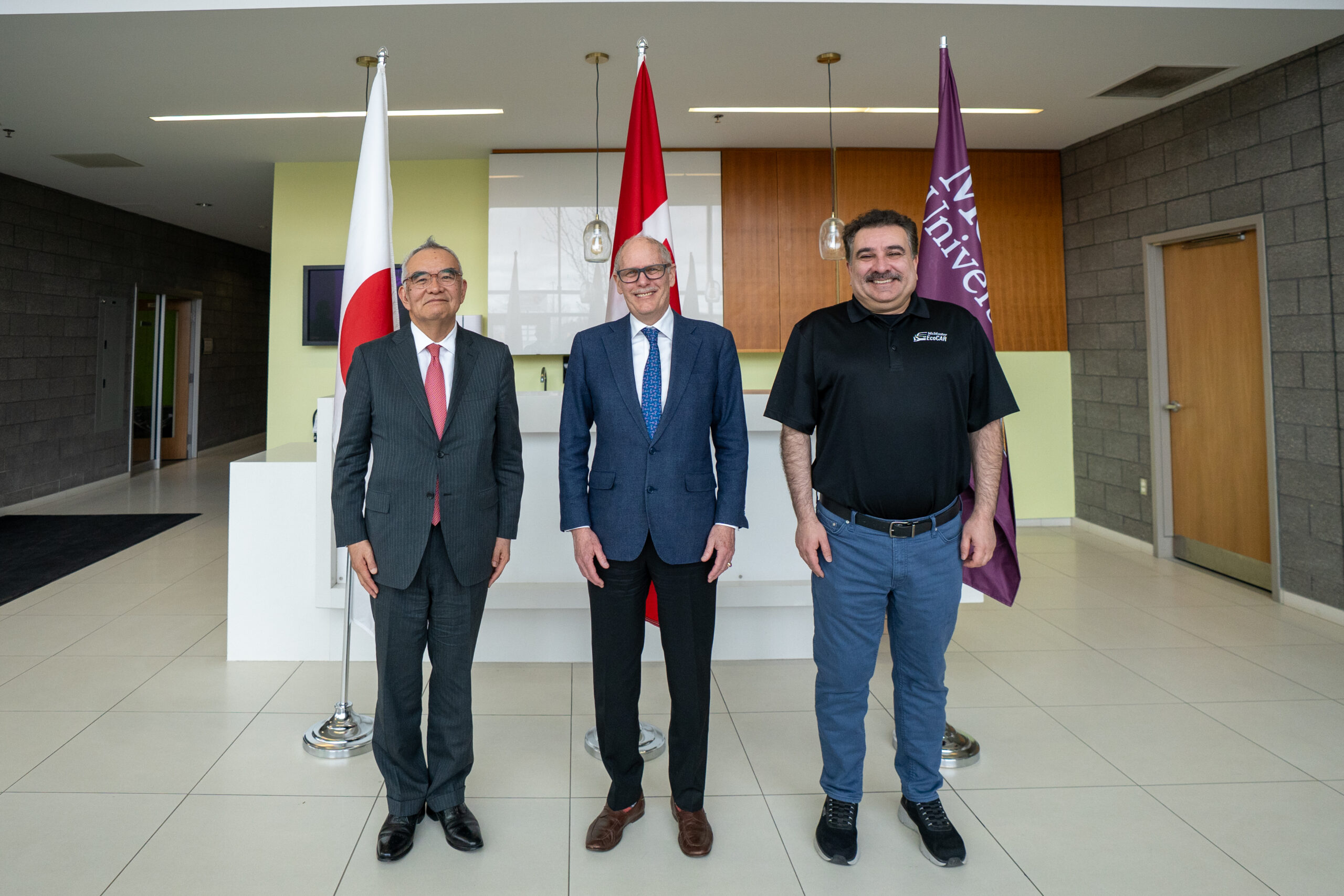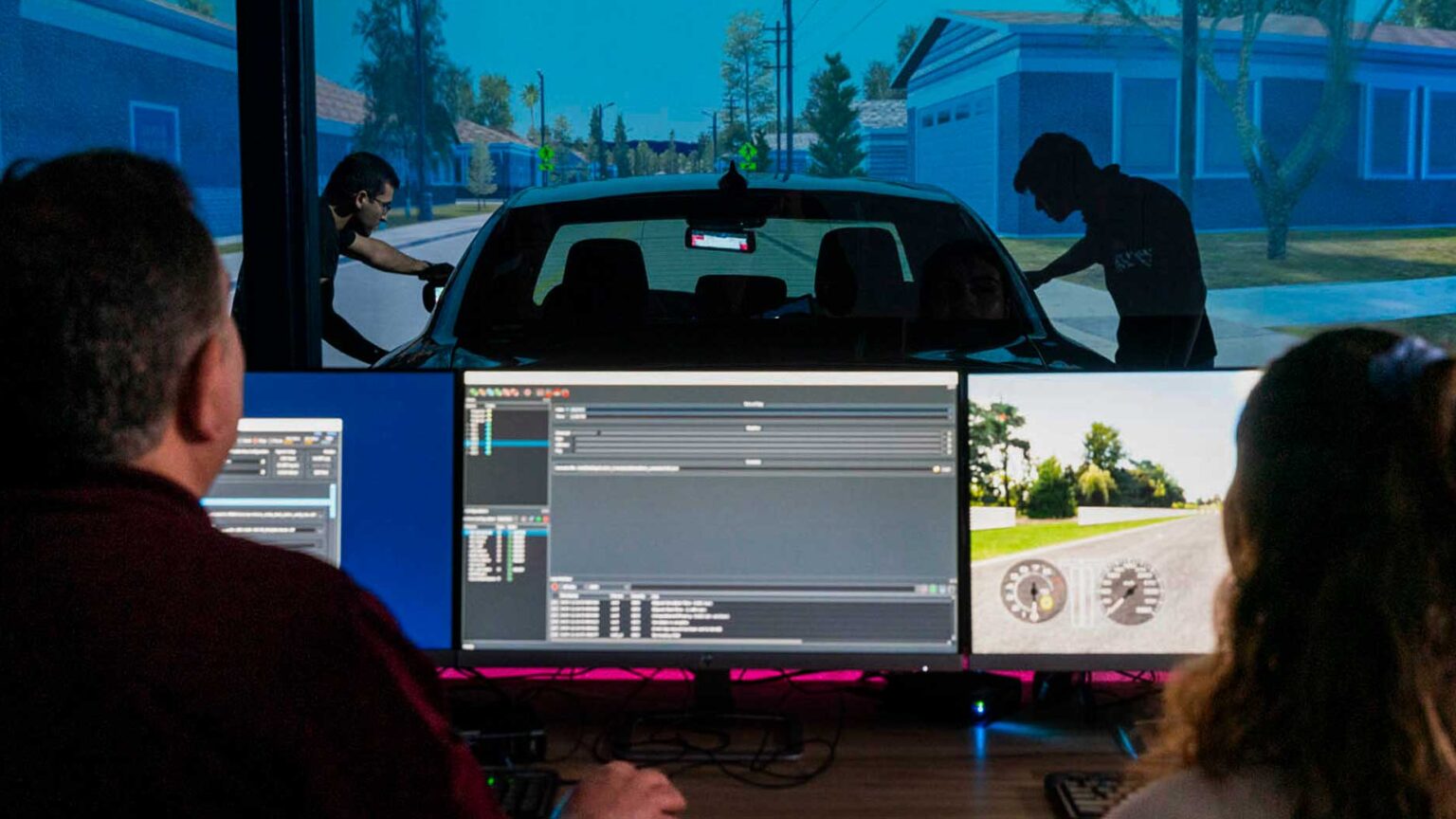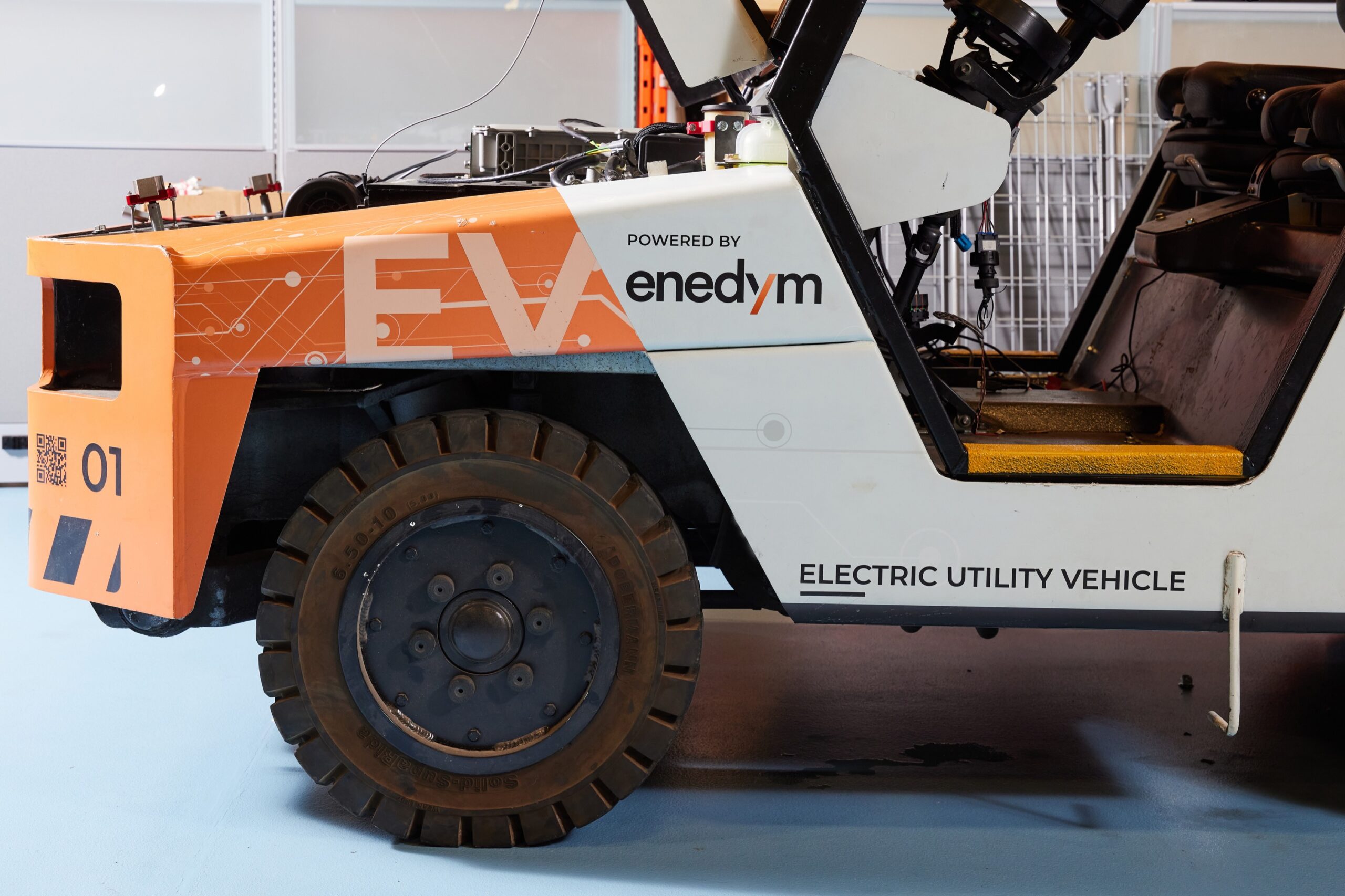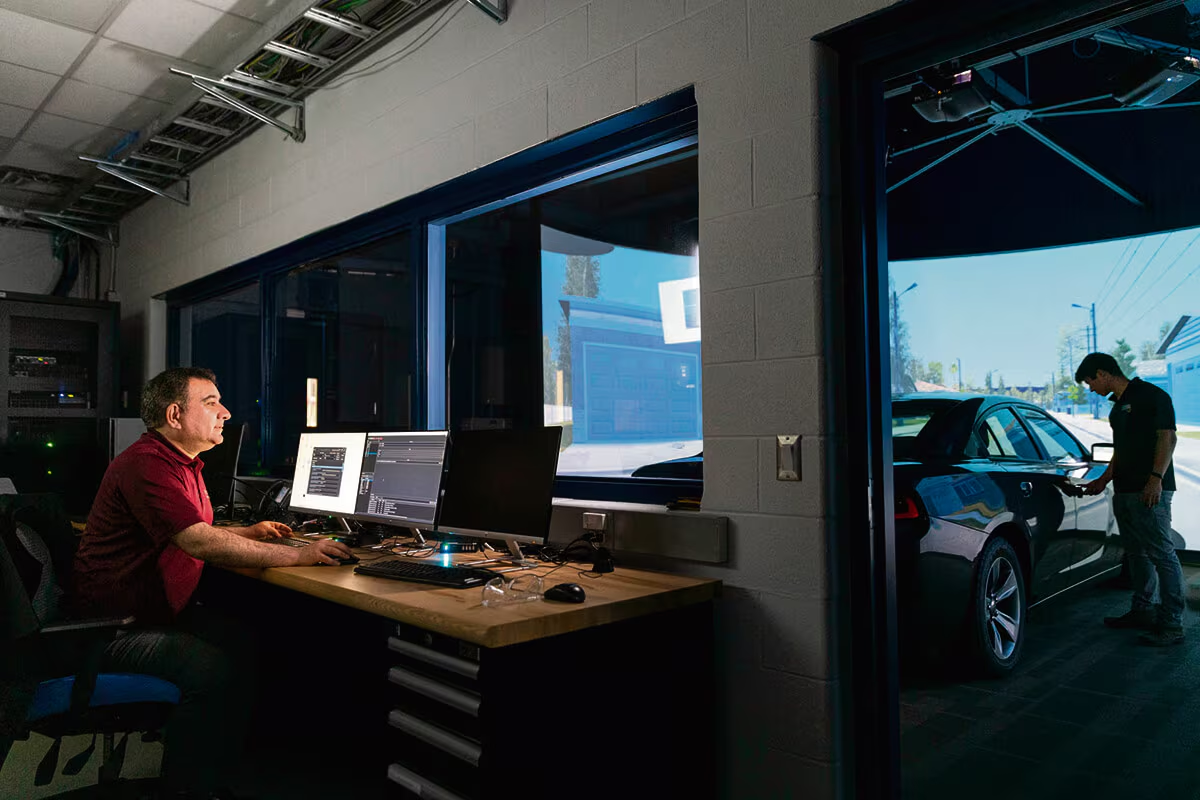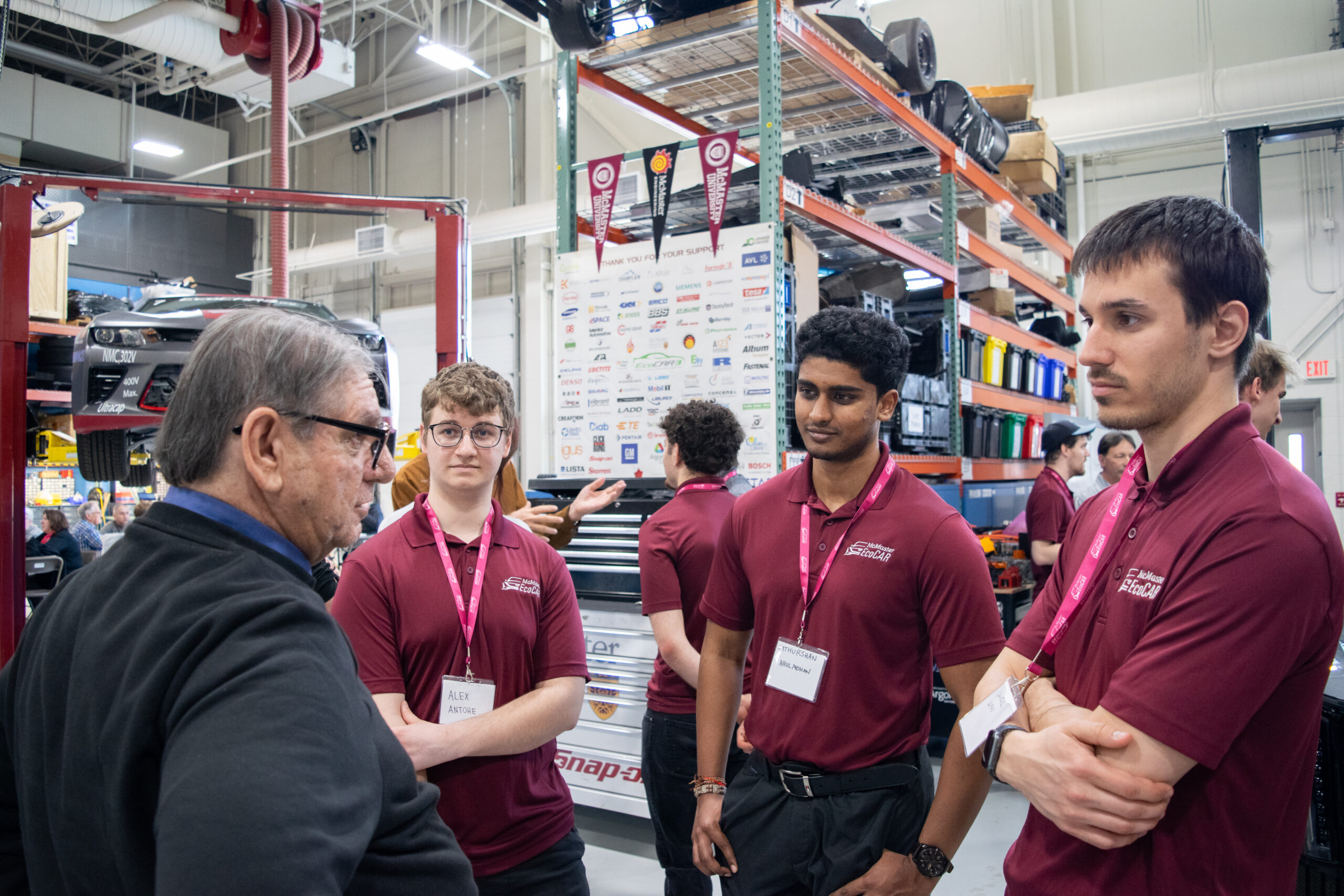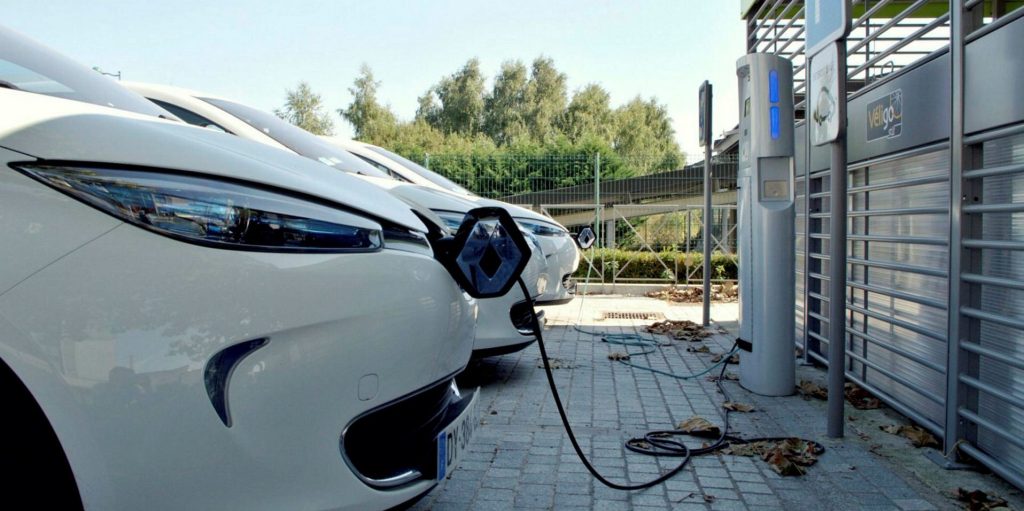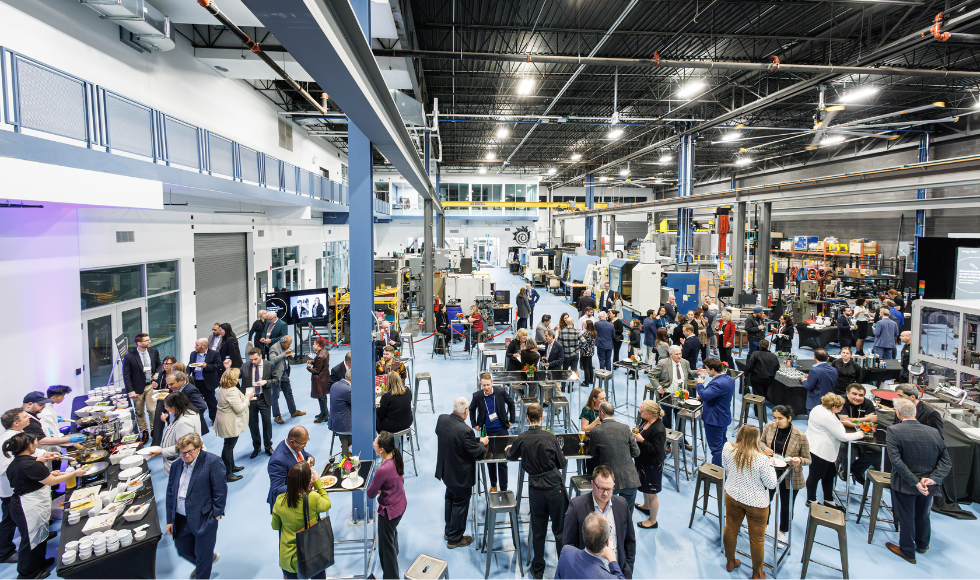Alexander Allca-Pekarovic attended the W Booth School of Engineering Practice and Technology, from the Engineering Faculty of McMaster University. He graduated with a B.Tech. degree in automotive & vehicle engineering technology, which is an advanced diploma in mechanical engineering technology. He also received a certificate in business, from Mohawk College. Alexander joined the McMaster Automotive Resource Center (MARC) in January 2019, as a master’s student in the department of mechanical engineering. He then pursued his Ph.D. degree within the department, in May 2020, under the supervision of Dr. Ali Emadi.
Currently, he is investigating emerging electric drive system components for automotive applications, as the target for vehicle energy management controls.
Full Profile
Thanks to his father, a car fanatic, Alexander first held a wrench at the age of 4 years old. This exposure, coupled with visiting automotive shows and live racing events, instilled an early curiosity for all things mechanics and automotives. These events in his life stayed with him, and later played a large part in influencing his choice of a post-secondary path.
Alexander enrolled in the Automotive and Vehicle Engineering Technology program at McMaster University, where he completed his undergraduate degree, in 2018. In his 2nd year, he came across a poster to join the MAC Formula Electric Team, a newly branded Formula SAE student team. He applied immediately and got a position on the mechanical sub-team. Alexander spent the next two years on the team. In his final year, he landed the position of Project Lead for the brake pedal tray assembly. He not only gained extra design experience on top of his CAD courses, but he also helped with the manufacturing sub-team in machining aluminum parts. Additionally, he was taught the art of carbon fibre layering.
Alexander then accepted a co-op position as a Manufacturing Engineering Intern at Magna International. during his first year with the formula student team. He was able to remain an active member throughout his term. Working in a Tier 1 automotive production facility, exposed him to the fast-paced environment of mass production manufacturing. He even became the lead manufacturing engineer for various existing and early-phase new project launches.
Apart from this, he was able to support various teams and departments, from production to design. He was also able apply to his knowledge of statistics, while supporting the company comptroller regarding the plant financials. He also contributed his skills to the Quality Assurance Department, as a Quality Engineering Intern. Alexander credits this co-op experience for pushing him to pursue graduate studies. Although he greatly valued these opportunities, Alexander discovered that he could not satisfy his curious nature in the field of manufacturing. Due to this fact, he decided to lean more towards research and development.
In January 2019, he joined the research group at the McMaster Automotive Resource Centre (MARC), under the supervision of Dr. Ali Emadi. After completing his course requirements within a year of starting his M.A.Sc. in the department of mechanical engineering, Alexander transferred to a Ph.D. in May of 2020. His work has been aimed at the modelling of electric vehicle drivetrain components. He has made extensive use of the state-of-the art equipment at MARC, such as the dynamometer and battery emulator labs. Alexander’s research is focused on the energy management control strategies of select electric vehicle architectures.

